Natural Remedies for Lupus and Its Symptoms


Is There an Alternative to Lupus Medicine?
Many medicines reduce lupus inflammation and ease flares. Still, more than half of people with lupus try alternative therapies. While some people claim natural products improve their symptoms, little scientific evidence exists to prove these products work. In fact, some supplements can make lupus symptoms worse or interact with medicines you take. That’s why you need to check with your doctor before you try any new remedy.
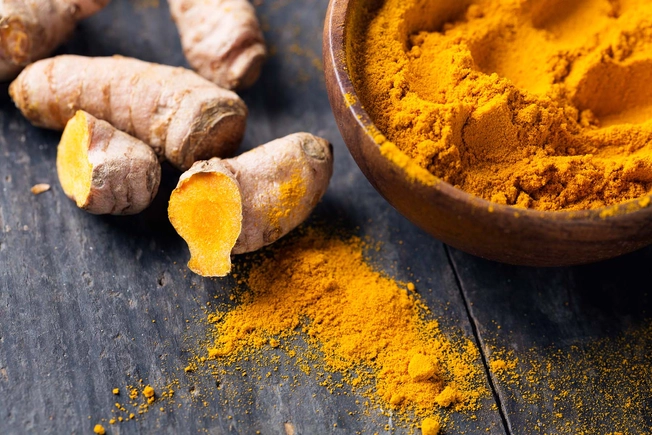
Turmeric
This yellow spice used in Indian cuisine is also a staple of traditional Asian medicine. Practitioners use it for skin, joint, and digestive diseases. Curcumin, the active ingredient in turmeric, has anti-inflammatory properties. In one small study, people with lupus who took turmeric supplements had lower blood pressure and fewer signs of kidney damage. This spice might also help protect bones against damage from corticosteroids.
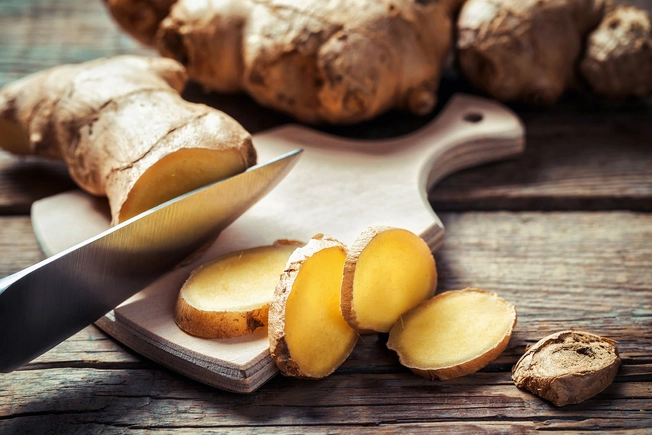
Ginger
Ginger, a spice made from the root of the same name, contains an anti-inflammatory compound called gingerol. In some studies, ginger reduced osteoarthritis pain and inflammation. Whether it might have the same effect in lupus is hard to say. Most of the evidence on ginger for lupus comes from studies of mice, not people. Until research reveals more, it's safe to add ginger to your food, but ask your doctor before you try supplements.

Omega-3s
These healthy fats found in fish, walnuts, and flaxseeds have anti-inflammatory properties that might make them useful for treating autoimmune diseases like lupus. In a few studies, people with lupus who took omega-3 supplements had less active disease. Omega-3s from supplements or food probably won't slow the disease enough on their own, but they might be a useful add-on to lupus medications.
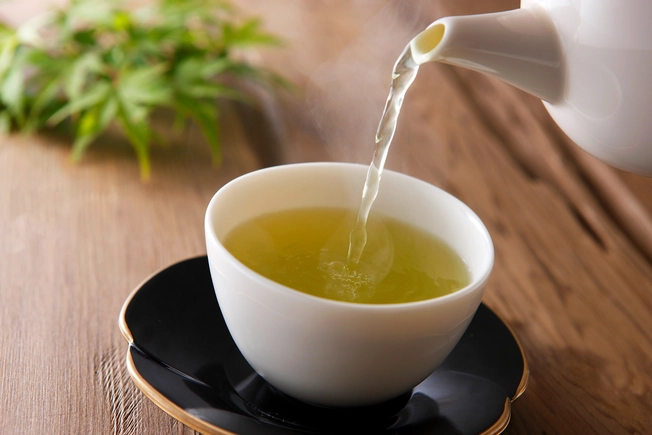
Green Tea
Tea has been an essential part of traditional Chinese medicine for centuries. It has caught on in the West for its healing potential, too. EGCG is the chemical in green tea that's behind many of its healthful properties. It's an antioxidant that helps protect cells from damage. In one small study, people with lupus who took green tea extract every day for 3 months had less active disease and better health overall.
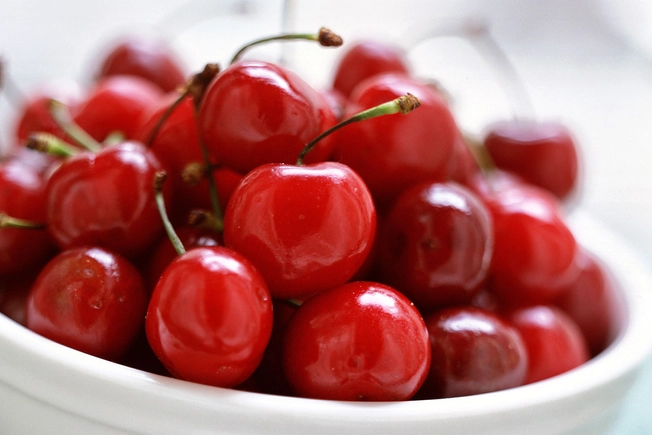
Quercetin
This chemical gives grapes, cherries, and berries their vibrant colors. It's also a powerful antioxidant and anti-inflammatory. But when it comes to lupus, what we know about quercetin comes mostly from lab and animal studies. Until we have more human studies, it's best to get this nutrient from fruits and vegetables. Quercetin supplements can cause headaches, upset stomach and, in large doses, kidney damage.

Vitamin D
Vitamin D is essential for strong bones and a healthy immune system, and people with lupus may run low on it. Your body makes D when the sun hits your skin. But the sun can trigger lupus symptoms in some people. Also, corticosteroids, a common lupus treatment, change the way your body uses vitamin D and can lead to deficiencies. A blood test can measure your vitamin D levels to see whether you might need a supplement.

Olive Oil
Olive oil is a main source of fat in the Mediterranean diet. The secret to its healthfulness is plant chemicals called phenols. They reduce inflammation and help regulate the immune system. Because olive oil may also help protect against heart disease, type 2 diabetes, and cancer, it's a worthy addition to any healthy diet. Look for the extra-virgin kind. It's produced without high heat or chemicals, which preserves more of its nutrients.

Grapes
Resveratrol is an antioxidant in grape skins. Lab and animal studies show that it might protect against kidney failure and heart disease in people with lupus, but it doesn't seem to protect against other complications. You can get resveratrol from grapes and grape juice, as well as supplements. It's also in red wine, but alcohol may not mix well with your lupus medications. To be safe, check with your doctor before you drink.
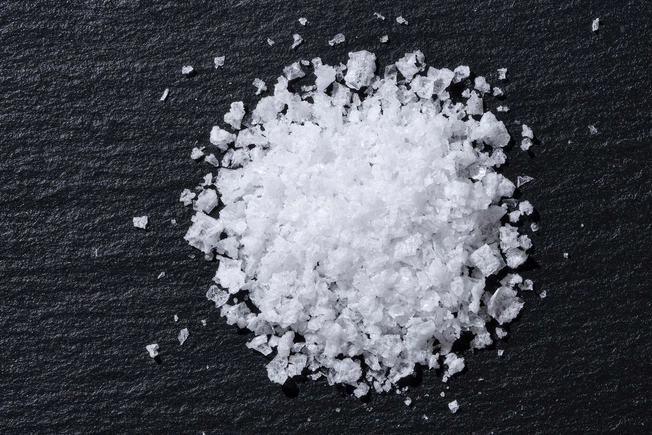
MSM
Methylsulfonylmethane (MSM) is a plant-based supplement often used for osteoarthritis pain, stiffness, and swelling. Whether it also relieves lupus pain is still unknown. Researchers haven’t done a study to confirm its effects. If you want to give it a shot anyway, check with your doctor first. MSM can cause nausea, diarrhea, and a stomachache in some people.
IMAGES PROVIDED BY:
Moussa81 / Getty Images
SilviaJansen / Getty Images
ChamilleWhite / Getty Images
svariophoto / Getty Images
isa-7777 / Getty Images
David Sacks / Getty Images
Manuel Breva Colmeiro / Getty Images
MarianVejcik / Getty Images
Alexandra Grablewski / Getty Images
MirageC / Getty Images
SOURCES:
Antioxidants (Basel): "Quercetin Ameliorates Renal Injury and Pyroptosis in Lupus Nephritis through Inhibiting IL-33/ST2 Pathway In Vitro and In Vivo."
Autoimmunity Highlights: "Role of vitamin D deficiency in systemic lupus erythematosus incidence and aggravation."
Autoimmunity Reviews: "Effect of omega-3 fatty acids on systemic lupus erythematosus disease activity: A systematic review and meta-analysis."
BioMed Research International: "A Network Pharmacology and Molecular Docking Strategy to Explore Potential Targets and Mechanisms Underlying the Effect of Curcumin on Osteonecrosis of the Femoral Head in Systemic Lupus Erythematosus."
CDC: "Diagnosing and Treating Lupus."
Cleveland Clinic: "Why Ginger Offers Health Benefits."
Current Rheumatology Reports: "Updated Review of Complementary and Alternative Medicine Treatments for Systemic Lupus Erythematosus."
Endocrine, Metabolic & Immune Disorders Drug Targets: "Anti-inflammatory Activity of Extra Virgin Olive Oil Polyphenols: Which Role in the Prevention and Treatment of Immune-Mediated Inflammatory Diseases?"
Frontiers in Immunology: "Immunomodulatory Effects of Diet and Nutrients in Systemic Lupus Erythematosus (SLE): A Systematic Review."
Harvard Medical School: "Is extra-virgin olive oil extra healthy?"
JCI Insight: "Antineutrophil properties of natural gingerols in models of lupus."
Journal of the American College of Nutrition: "Omega-3 fatty acids in inflammation and autoimmune diseases."
Lupus: "The effect of omega-3 fatty acid supplementation in systemic lupus erythematosus patients: A systematic review."
Lupus Foundation of America: "Are there complementary and alternative medicine therapies for lupus?"
Mayo Clinic: "Red wine and resveratrol: Good for your heart?"
Medline Plus: "Methylsulfonylmethane (MSM)."
Mount Sinai: "Quercetin."
National Center for Complementary and Integrative Health: "Turmeric."
Nutrients: "A Meta-Analysis of the Impact of Nutritional Supplementation on Osteoarthritis Symptoms." "Methylsulfonylmethane: Applications and Safety of a Novel Dietary Supplement." "Quercetin, Inflammation and Immunity." "Resveratrol Role in Autoimmune Disease — A Mini-Review."
Phytotherapy Research: "A Randomized, Double-blind, Placebo-controlled Clinical Trial Examining the Effects of Green Tea Extract on Systemic Lupus Erythematosus Disease Activity and Quality of Life." "Quercetin reduces TNF-alpha-induced mesangial cell proliferation and inhibits PTX3 production: Involvement of NF-kB signaling pathway."
The AAPS Journal: "Therapeutic Roles of Curcumin: Lessons Learned from Clinical Trials."